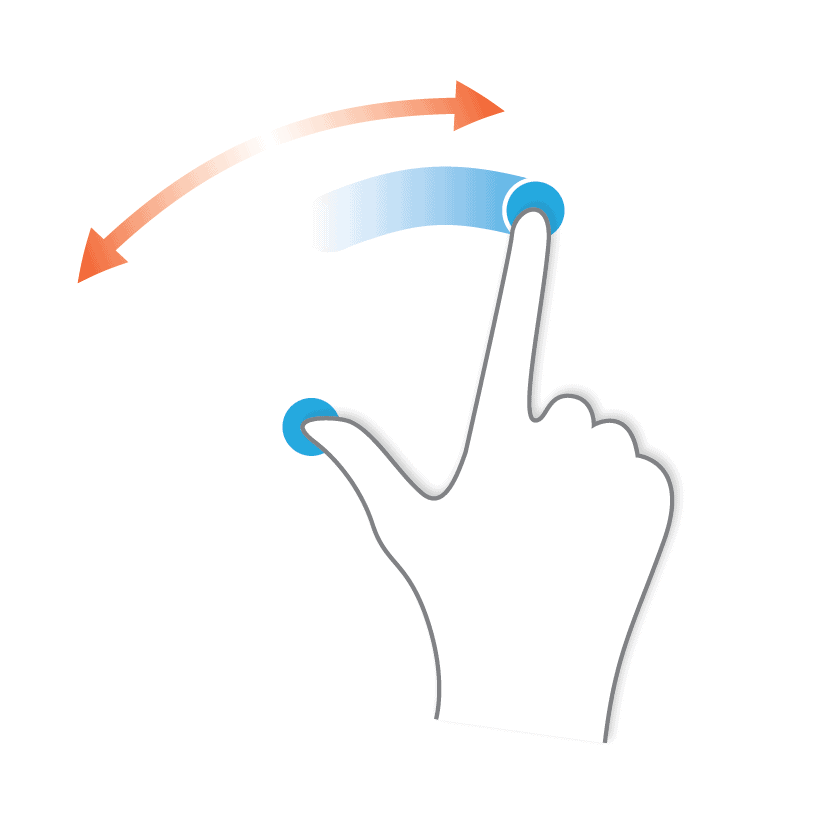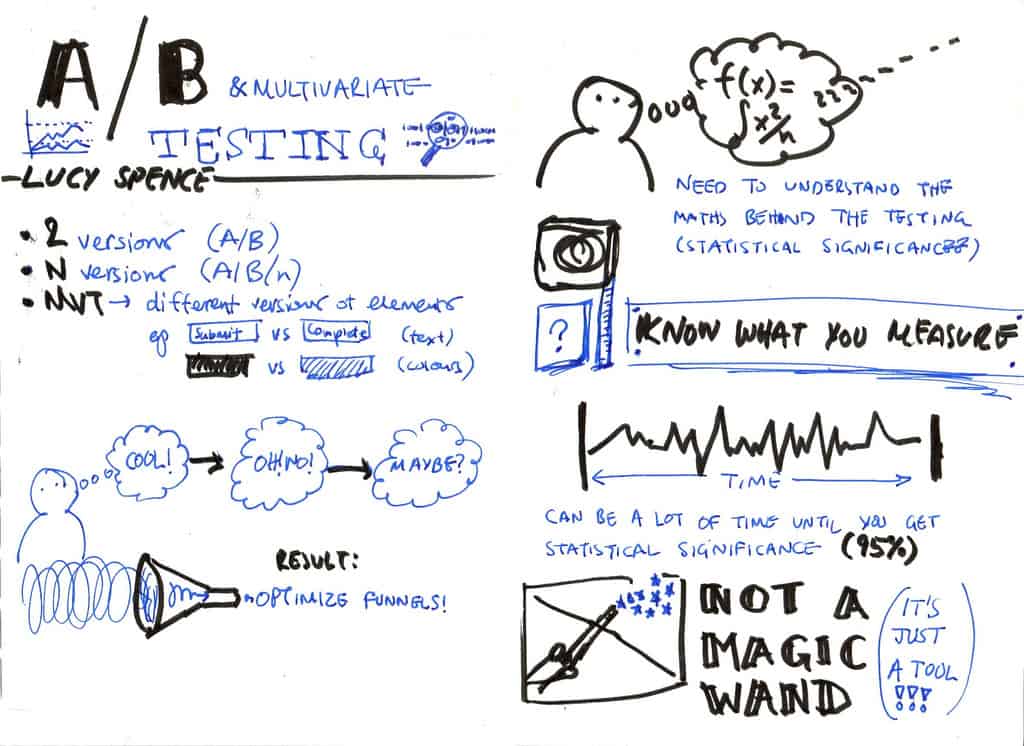Retention rates from Statista are quite disheartening. According to their data 55% of mobile app users will abandon the app one month after downloading it. 68% will abandon it after 3 months and 21% of mobile app users will abandon an app after only launching it once. This means that many users will abandon an app even without experiencing it.
Clearly user retention should also be a big factor when designing an app. Retention rate is a healthy way of measuring the success and overall health of an app. It is a better indicator compared to downloads because downloads do not equate to active users. Retention rate can show you if your app is growing, stable or declining.
What’s Retention Rate?
Retention rate refers to the number of people who are still using your app after a certain number of days after downloading it.

For example, 100 people download your app on day 1 and 40 of them launch it on the same day. This means that 40 out of 100 launched your app so on that day you have 40% retention rate. If out of the original 100 10 are using your app after one month then your retention rate is 10%. This is the “classic” way of measuring retention rate.
So how can you optimize your app to get the highest possible retention rate? Here are some tips.
Get Analytics Early
A common mistake among app developers is not integrating an analytics platform until after their app is launched. This is too far in the game if you want to optimize UX and increase retention. At this point you will be bombarded with feature requests, performance and usability matters which will be on top of your priority list. If you have not been collecting data since publication and using analytics you will have no information to base your decisions.
This is why it is important to integrate analytics and to start using it even during the testing stage. For instance action cohorts can be used as a critical thinking tool for user retention because it allows you to understand how often users are returning over a certain period of time.
Optimize The Onboarding Process
According to Silicon Valley investor Andrew Chen “the best way to bend the retention curve is to target the first few days of usage, and in particular the first visit.” This means that your onboarding has to be spot on. The bad news is that you only have 20 seconds to impress.
Here are a few tips to make onboarding easier:
- Keep it short.
- Show your app’s unique advantages.
- Show them how many onboarding screens remain with progress bar.
Here are a few don’ts:
- Bombard them with in app messages right off the bat.
- Ask them to rate your app even before they’ve completed the onboarding process.
- Ask them to sign up before they’ve had a chance to check out your app.
The key is to keep them informed and engaged so that they are excited to use the app without tiring them out.
Ensure Frustration-Free Gestures

Mobile phones nowadays are moving away from the home button. Brands like iPhone and Xiaomi are adapting full screen gestures which can be challenging for mobile app designers. However, making gestures smooth and easy is a crucial part of app development.
Designers often forget to think about their audience when it comes to usability. If your target audience is on the move like delivery services or a health app for senior citizens or games for kids make sure that your UI is optimized for their dexterity level. For better usage, make sure that the most important gestures are within thumb reach.
Make Navigation Ultra-Smooth
Navigation should be smooth as butter. There are many ways to design a menu or create a layout but user retention is a big factor in how to navigate your app.
Users go to your app for specific tasks. If they can’t find what they’re looking for, they will leave you for your competitors. Always remember that every process of the journey should be easy for your users.
In order to avoid navigation mistakes, make it simple. Avoid menus with too many options. Don’t hid important navigation links and keep navigation gestures familiar to users. The journey should be simple, friendly and smooth.
A/B Test Retention-Risking Areas

If you are uncertain about the best way to improve retention rates, do an A/B testing. This will make you understand the decisions users make when they’re in your app. It will also make it easier for you to decide product tweaks that can increase retention.
The important thing about A/B testing is that it takes you back to item #1: analytics. A robust analytics tool can make the most out of your A/B testing and help you understand consumer behavior and increase retention.
Retention related decisions that are based on guess work, gut feeling or knee-jerk reactions are not effective. The way to get out of an ineffective cycle is to treat each element as part of the whole user journey and that journey is to encourage repeat usage of your app. Even though your app is a work of art, nobody will fully appreciate it if your retention rate is low.
The post How To Optimize Your App For Better Retention Rate appeared first on .
from https://ift.tt/2txwUx7
No comments:
Post a Comment